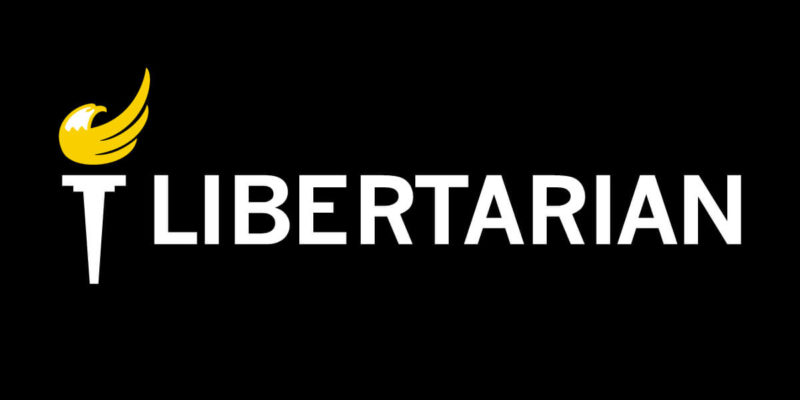Property rights in America are sinking to the bottom of a regulatory swamp. The biggest threat to property rights is unchallenged bureaucratic decisions that command property owners to do the bidding of the EPA while not allowing those citizens the opportunity to be heard.
One couple caught in this legal quagmire is Mike and Chantell Sackett, of Priest Lake, Idaho, where they bought property in 2008 to build the home of their dreams. They secured all of the necessary permits and began work to fill the land and to prepare the site for the construction of their lake home. But three days after they began work a group of EPA wetland cops made a visit and in no uncertain terms ordered the Sacketts to cease and desist their activities.
Obviously, the Sacketts were taken aback by the EPA command. To complicate matters EPA’s own National Wetlands Inventory did not include the Sackett property as a wetland. To that, the EPA officials only shrugged and said that makes no difference: your property is still a wetland.
During the coming weeks and months the Sacketts attempted to voice their complaints to the agency, but not only did the agency not listen, EPA said its decision could not be challenged. What part of the Constitution does the agency need to re-read? Our founders understood that it is a basic right of Americans to challenge their government to protect us against arbitrary decrees imposed by the king or those who carry out his orders.
But this is where the story gets interesting. Because of EPA’s refusal to hear the Sacketts and with fines racking up, the agency issued a compliance order. This compliance order was a final step in EPA’s actions to enforce the regulations against the Sacketts and to demand that the property be returned to its original state (remember it’s not classified as a wetland) and pay the fines.
With fines mounting every day for violating the Clean Water Act and the EPA compliance order, the Sacketts’ options were limited. They could either make amends to the property and quit work or challenge the agency’s decision. The Sacketts did as any American would do: they went to court and sued the agency to hear them out. Unfortunately, the lower court and appeals court affirmed the Sacketts could not speak to EPA.
In all of this they understood their “due process” rights were being denied. No hearing, no ability to file suit, no nothing. They either had to pay the fines for every day out of compliance or return the property to its original condition. In either case their private property rights were being effectively seized through the lack of “due process.”
Violating property rights is nothing new to the EPA. Through creative definitions and federal guidance documents, the agency has gone beyond its mandate in the Clean Water Act and is engaged in a form of “mission creep.” These EPA power grabs are devoid of reason.
Thankfully, the Sacketts appealed to the U.S. Supreme Court for relief from the agency’s overbearing power addiction. The Supreme Court unanimously saw what the lower courts and EPA did not – that the right of a citizen to challenge its government is inviolable.
EPA’s rebuke is sweet justice for those of us who have been decrying for years the inequity confronting private property owners seeking to challenge agency rulings. The court opinion now reasserts the rights of citizens to challenge EPA actions.
Justice Scalia’s decision goes a long way, but threats remain to property owners across all demographic, economic and regional boundaries. Legislative interpretation of “navigable waters” and the definition of a wetland remain supreme challenges for property owners wanting to use their land.
When private property is seized without due process of law, landowners are effectively denied the use of their land and denied a basic freedom – a concept not lost on these courageous landowners who took on Goliath to win a victory for the people. Mike and Chantell Sackett can now breathe a bit easier and celebrate their victory over a glass of wine while sitting on the front porch taking in the sights of Priest Lake. They deserve it.
Dr. Jeff Edgens is a CFACT advisor who holds a degree in Environmental and Natural Resources Policy. He is also an At-Large Representative on the Libertarian Party of Georgia Executive Committee.

